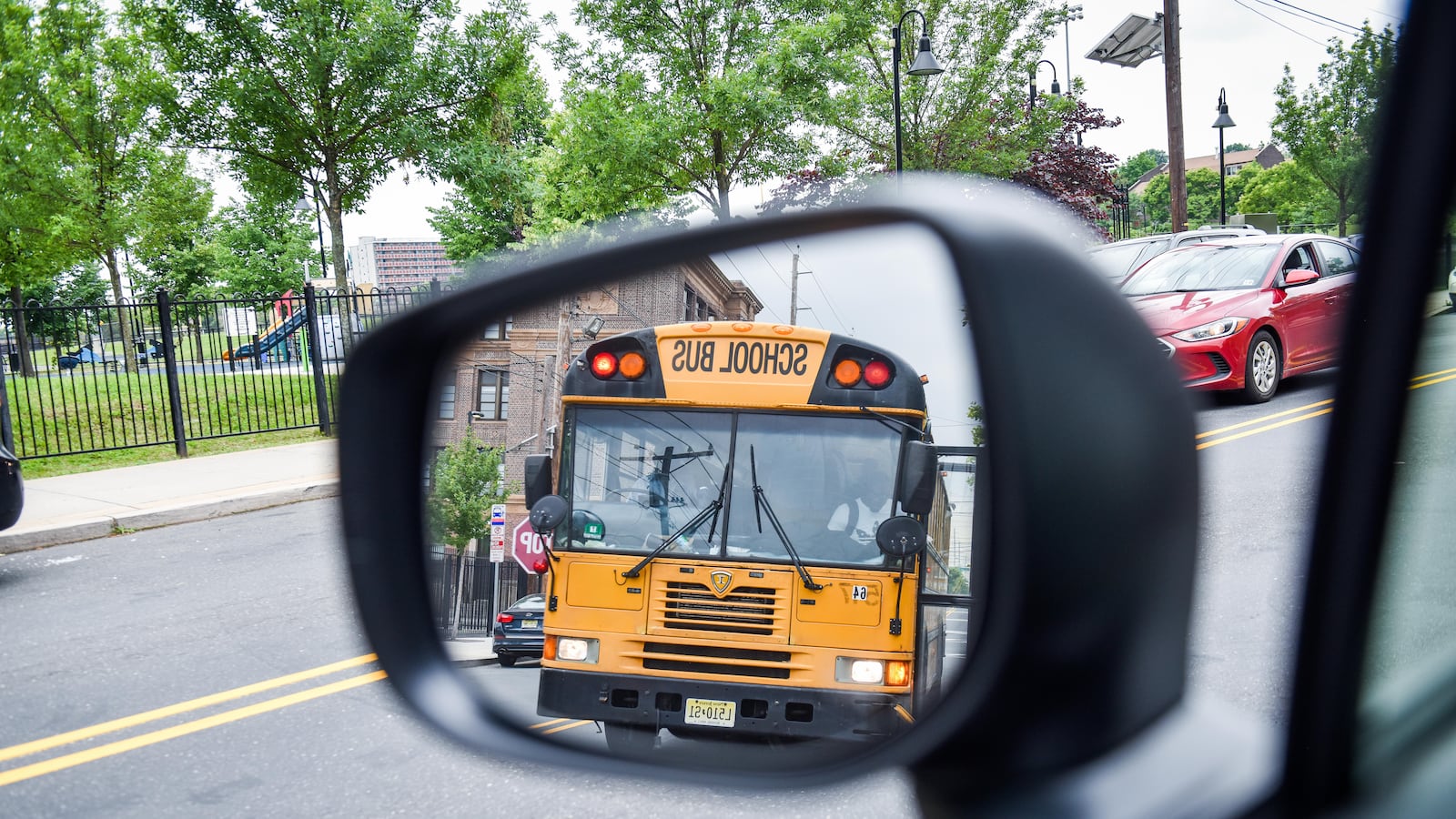Welcome to a new school year! As journalists covering education, we appreciate having a chance to renew our coverage every fall — by building on what we learned last year and setting goals for the coming one.
We’re sharing our coverage plans here in part to hold ourselves accountable for carrying them out, and in part because we want you, our readers, to help us refine them.
The biggest difference from last year is that we’ve grown. We now have two reporters: Patrick Wall, who launched our Newark bureau last year, and Devna Bose, who joined the team as a Report For America fellow this summer. (Plus there’s me! I’m a Chalkbeat editor who helps oversee our Newark team.) That means we can look twice as many places for stories, and listen to (at least!) twice as many Newarkers about issues in their schools.
To get started, we’ll be holding an event about special education on Sept. 21 at 1 p.m. at our office in Newark’s East Ward. The event, co-hosted by the Newark Special Education Parent Advisory Council, is part of Chalkbeat’s seven-city “listening tour” happening this summer and fall as our local reporting teams try new ways to learn from our readers.
We’re also going to keep doing what we know best: producing news stories about the issues facing Newark schools that might not see the light of day without our reporting. Here are some of the big topics you can look forward to reading about on Chalkbeat this school year.
How the transition to local control is translating on the ground: When Newark regained control of its schools, the newly empowered school board chose a local career educator, Roger León, to become superintendent. In his first year, León has taken steps to restore elements of the traditional school district that preceded state takeover; drafted a short-term plan to overhaul the city’s schools; and won a contract extension that preserves his employment until at least 2023.
So far, we’ve covered León’s vows to reshape the district bureaucracy, revamp the enrollment system, and improve student achievement. This year, we’ll be monitoring whether and how those promises translate into reality, and tracking attendance efforts, the district’s curriculum overhaul, and what happens to special education (hence our listening tour event topic). We’ll also be keeping an eye on how León’s brash leadership style influences how much traction he is able to make, and how much support he is able to command from the public in Newark.
This topic is vast, so our whole team will be working on it. We welcome your thoughts!
How Newark students live: As Newarkers know well, the education world is filled with people who are invested in shaping the narrative about how well local schools are doing. (That’s why a recent study that showed long-term gains in the district’s performance ignited significant debate.) But that conversation has given short shrift to the often challenging daily experiences of Newark students, which do much to shape what schools and students can achieve.
Whether students in Newark are healthy, safe, and engaged can make or break their educational experiences, an idea that is baked into León’s Clarity 2020 plan, which calls for the district to help support students from infancy through college. As the school district seeks to play an increasing role in students’ lives outside of school, our coverage will follow. We’ve already started, with our coverage of the city’s approach to LGBTQ-inclusive education and the school district’s role in the city’s current lead crisis. We plan to stay on top of those issues, as well as efforts to enhance early childhood education in Newark, the effects of violence on students and schools, and the ways that the city’s “community schools” integrate academic and social support.
Want to talk about this topic? Reach out to Devna.
Changes to the city’s high schools — and what happens after students graduate: The Newark district has a mix of comprehensive schools that enroll any students who live in their zone and magnet schools that enroll students on a selective basis. The divide between those two kinds of schools is stark, in terms of who enrolls and how prepared they are for high school. León, a former high school principal, simultaneously is seeking to improve the neighborhood schools and to strengthen the screens at the magnet schools. We’ll be looking at what’s happening at both kinds of schools — and how changes to one might influence the course of the other.
That means keeping an eye on how leadership transitions are playing out at Newark’s most prestigious and lowest-performing high schools, what happens with the city’s effort to expand access to job training, and whether a curriculum overhaul changes what students are taught. It also means continuing to pay close attention to Newark’s enrollment system, and to showcasing high school educators through Chalkbeat’s How I Teach feature. (Know a teacher who might be a good fit? Let us know!)
Of course, graduating from high school is meaningless if students are unable to succeed in the colleges or jobs they head to next. Leon has vowed to get more students to and through college, which is part of a larger effort involving City Hall and local universities to help more Newark residents get college degrees. We’ll take a close look at what it’s like to be a graduate in Newark trying to make it after high school, and the many personal, academic, and financial roadblocks that can stand in the way of success. Stay tuned for an in-depth project from Patrick this fall, produced in conjunction with another Chalkbeat location that’s also examining life after graduation.
Want to share tips about Newark’s high schools? Email Patrick.

